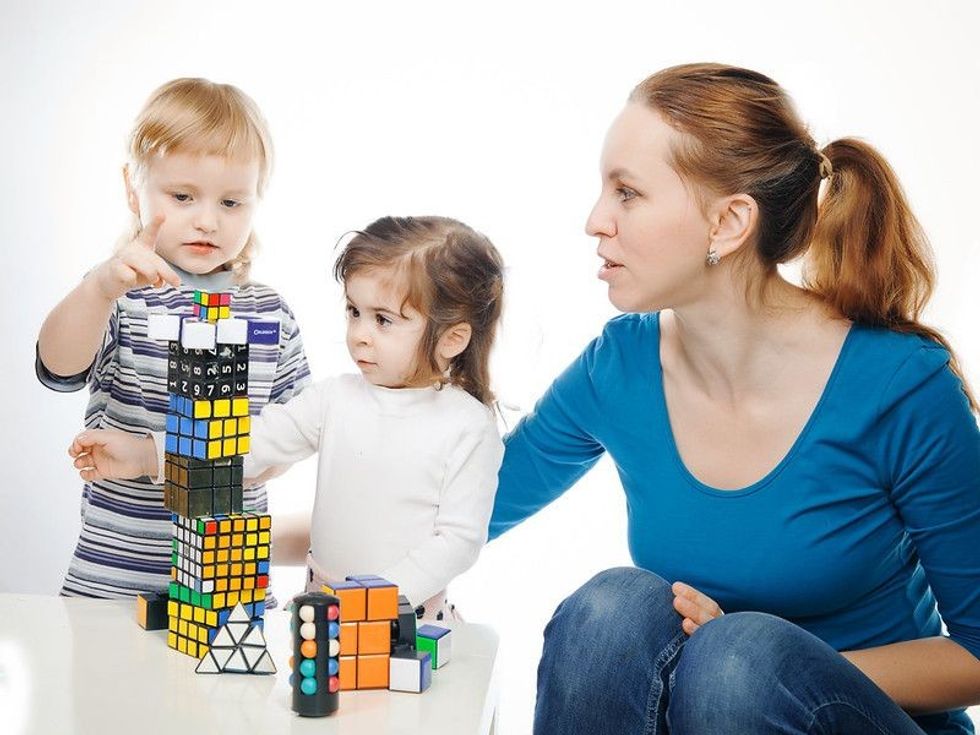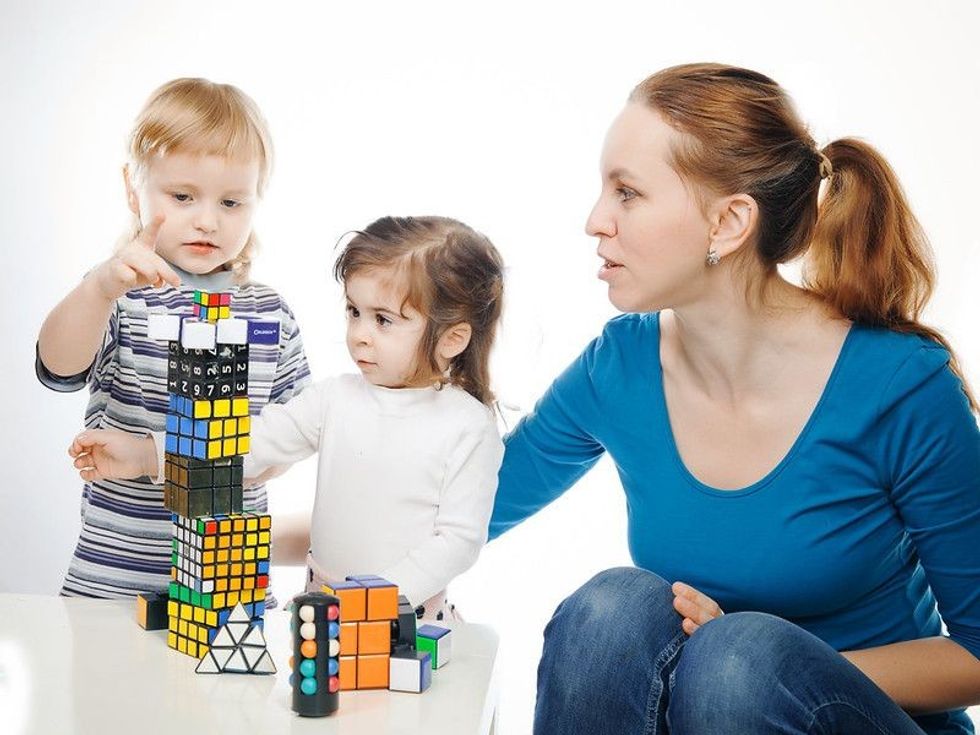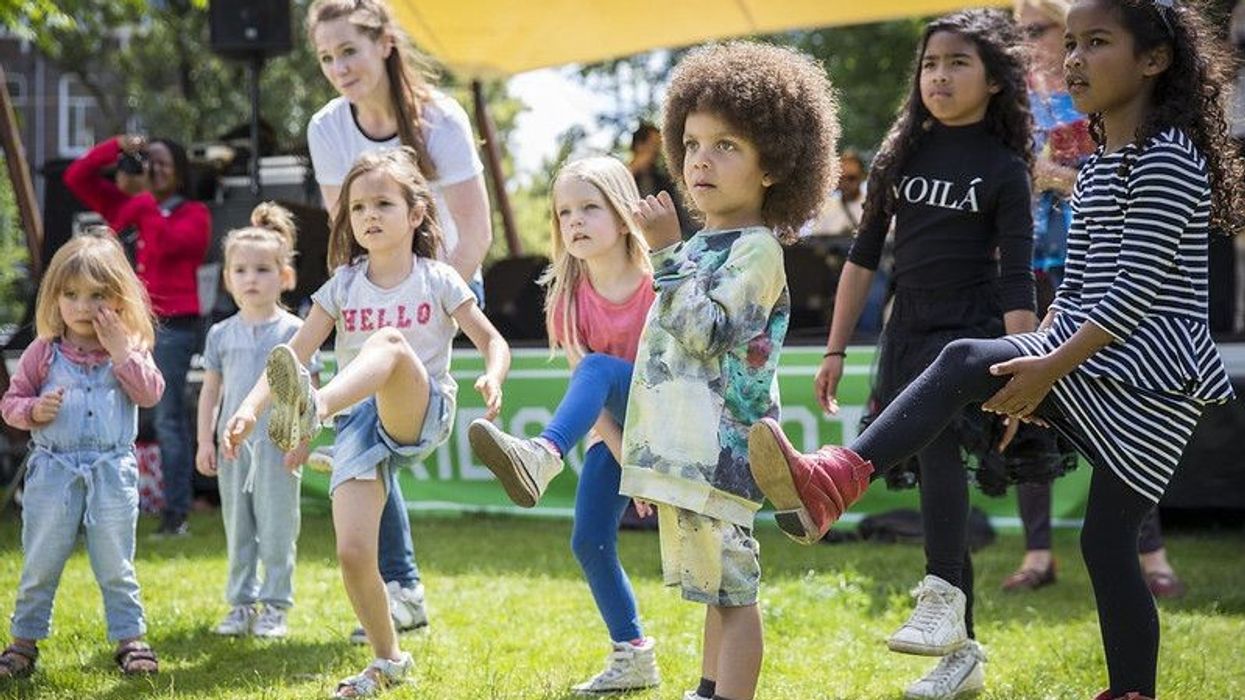In our everyday lives, infusing positivity is key to our children's well-being. Let's cultivate joy with activities for families to enjoy any day.
Explore together these 12 easy and joyous activities to uplift and energize the whole family.
1. Cuddles
Sharing hugs and affirming words within the family unit can greatly enhance a child's happiness, instilling comfort and positivity in their daily life.
2. Get Outside!
Juggling work, home-schooling and all the other tasks of life can sometimes sideline physical exercise. We all know we need to keep fit -- and make sure our children stay fit -- but getting outdoors isn’t always the most pressing item on the to-do list.
Think of it as a doubly whammy of benefits: you not only get a burst of physical activity, a spell outdoors is also good for your mental health.
Even a walk around the block can recharge the batteries and remind you of the wider world. If you need ideas for persuading the little one to get out the house, then try these.
3. Have A Sing-Along

Nothing lifts the spirits like a good old sing-song. Just 15 minutes of bopping along to some Disney classics or favourite pop songs can work wonders. You could even arrange a weekly karaoke session and unleash the latent von Trapps in your family. Honestly, it’s nowhere near as embarrassing as doing it down the pub!
4. Dance Around The House
Dancing has kept many a family sane over the past year. Dozens of celebrities and vloggers offer regular online classes -- there’s no shortage to choose from.
Alternatively, you could schedule a daily boogie around the house. Get some bouncy music playing from your phone and lead the family on a dance and a prance from room to room.
Make up the moves to suit each room -- perhaps you could act like synchronised swimmers in the bathroom and do sweeping and stirring motions in the kitchen. Best not attempt a grand jeté off the bed, though.
5. Yoga
Widely acknowledged as one of the best ways to boost mindfulness, while also providing indoor exercise, yoga is certainly worth exploring with your children. As with dancing, you’ll find no shortage of online video guides who can teach the basic techniques. Before you start, here are a few simple moves to warm you up.
6. Download a Mindfulness App
Apps to sooth and de-stress are almost as abundant as celebrity dance instructors these days. No small number of these are aimed at children.
We use the free CBeebies ‘Your Mindful Garden’ app, which is aimed at younger children. I’m not sure how it compares with similar apps, but it is narrated by Stephen Fry, and therefore must be worth anybody’s time. You’ll find another 9 excellent recommendations in this article.
7. Make Video Calls More Fun
Your children are probably missing their classmates and other friends right now. The only option we have is virtual playdates, using software such as Zoom or WhatsApp.
Find ways to spice them up a bit, by playing games virtually with other households, hosting quizzes, singing songs together (I hear sea shanties are all the rage), even watch a movie together using Netflix Party. We’ve put together further ideas in another article.
8. Find A Purpose, However Small, However Large
Kids also need a sense of purpose to enhance their daily lives. Inspire them to engage in fulfilling projects, whether crafting, contributing to a charitable cause, or setting educational goals. Encourage outdoor enthusiasts to observe and document nature's wonders. Each interest can spark motivation and a genuine eagerness for each new day.
9. Give Them A Responsibility
Similar to the above, giving a child ownership of something important is a great way to give them purpose and fulfilment. A neat one for small children is to put them in charge of watering the plants (either indoor or garden/balcony).
It’s an important but low-risk daily routine, which also gets them interacting with nature. Similarly, if you have pets, give your children some control over feeding or cleaning routines. (Plus, pets are great for mindfulness… we could all spend more time playing with them.)
10. Start A Smile Bank
In times of hardship and struggle, a smile or laugh is more meaningful than ever. Capture those moments by getting your kids to write down the one thing that has made them happiest that day.
Then post the notes into a jar, box or piggy bank for safe-keeping. Focusing on positive thoughts will help lift the general mood. Plus, if the kids are ever totally in the doldrums, you can open the smile bank and relive the happy thoughts.
11. Sky Watching
This is a very simple mindfulness technique that can help to connect with nature, and wider human activity, wherever you live, and without leaving the house. Simply spend 15 minutes with your child gazing at the skies, and note down everything you see. A flock of gulls. A high-altitude aeroplane.
An unidentified bird of prey. A cloud shaped like Elvis. There’s more in the skies than you might think -- but also little enough that a period of sky-watching remains a calm, reflective pastime.
12. Use Positive Affirmations
Positive affirmations are short sentences that remind a child of their positive qualities. “I am kind,” for example, or “I am an amazing friend”.
They may be more about security and safety -- phrases like “I am safe at home with my family” or education, “I can learn and succeed at anything I am interested in”.
The idea is to make sure these phrases are read or repeated every day, to reinforce the good, positive things in life. This detailed article gives more examples, and tips on how to use positive affirmations with children.
Mindfulness For Different Age Groups
If you’re looking for ideas specific to age group, then we’ve also got tips on mindfulness exercises for teenagers, and primary school children.









